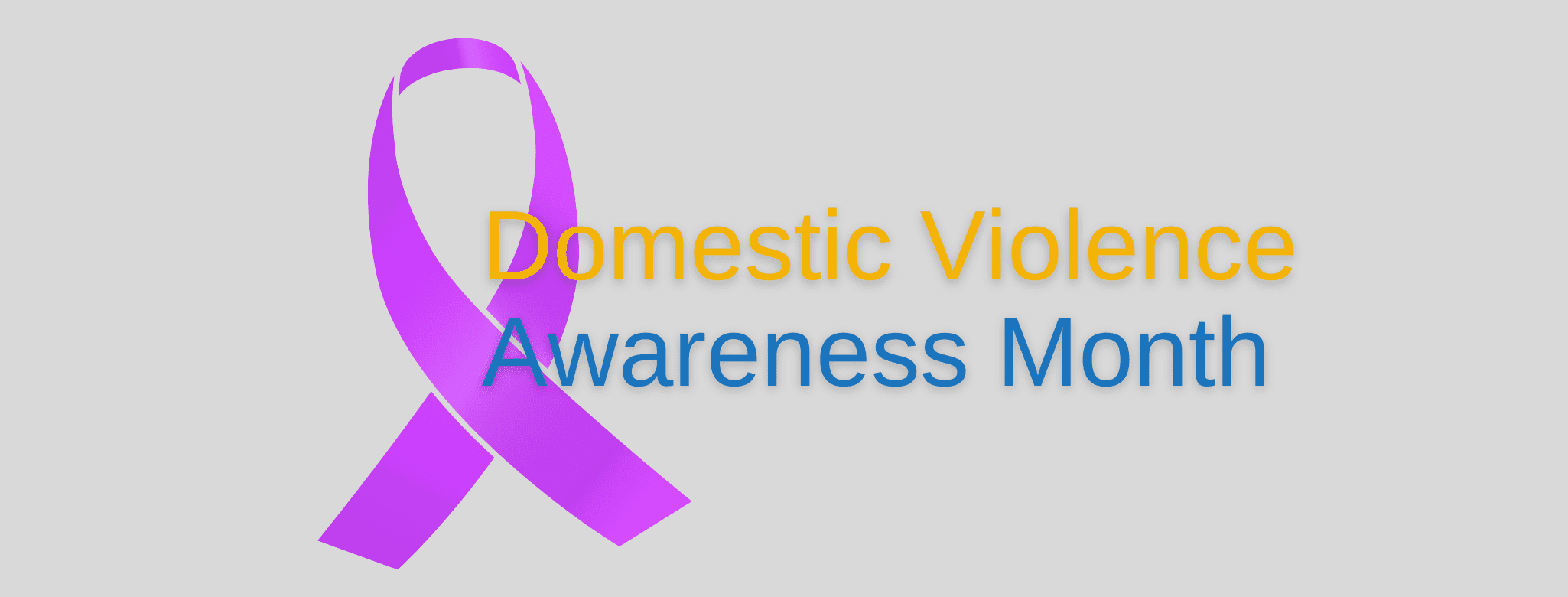Domestic violence and homelessness: The partnerships making a difference in Austin
AUSTIN, Texas (October 1, 2020) — Domestic violence (DV) plays a significant role in homelessness, especially among women and families, and our community is taking important steps to address the needs of survivors in the coming years.
October is Domestic Violence Awareness month; it is also the start of the new fiscal year for the City of Austin. The 2020-21 budget contains millions of dollars for new domestic violence resources, and to understand why, it’s important to understand the context.
In Austin, more than 7 in 10 people experiencing homelessness report their current homelessness is a result of abuse or trauma, according to data from the Homeless Management Information System (HMIS) managed by ECHO.
The reasons are well-documented.
“Many abusers intentionally destroy their victims’ economic and housing stability by ruining their credit, stealing their money, destroying their property, or preventing them from working, as a means of trapping them in the relationship,” write Dr. Cris M. Sullivan and Linda Olsen in their study of domestic violence and Housing First. “Further, the DV itself often leads to injuries, depression, posttraumatic stress disorder (PTSD), and frequent absences from jobs or school, all of which can then contribute to homelessness.”
The SAFE Alliance in Austin, one of ECHO’s partners in the Continuum of Care, runs a family shelter and connects survivors of domestic violence to resources, including housing for those experiencing homelessness. SAFE’s counselors hear similar stories:
“When Erin made the courageous decision to leave her abusive partner – the man who controlled her access to money, friends, and family – she had saved enough cash for a week in a hotel. When her funds were gone, she called SAFE,” the group explains in this blog post. “Erin had to choose between homelessness and returning to a partner who left her frightened, bruised, and feeling broken. Like so many people who face violence, Erin became homeless.”
- SAFEline is a 24-hour confidential hotline for people seeking help with sexual or domestic violence, child abuse, human trafficking, or parenting support and is available by phone at 512.267.SAFE (7233), by text at 737.888.7233 or by chat at safeaustin.org/chat.
The City of Austin budget that goes into effect Thursday includes $14 million to support domestic violence response and assist survivors.
Of that allocation, $12 million is set aside to buy a hotel and renovate it to serve as a much-needed shelter for DV survivors. The other $2 million is reserved to operate the shelter.
“The need for care is growing faster than care providers,” said SAFE co-CEOs Kelly White and Julia Spann. “Once the pandemic has ended, that need won’t go away. This shelter will provide safety for those who have experienced violence and help survivors in our care to heal.”
There’s always a waiting list for SAFE’s current shelter, and the existing need is only magnified during the pandemic. SAFE reported a 25% increase in the number of calls to its 24/7 SAFEline between March and June compared to the same period in 2019. Almost three-fourths of the calls to the line are DV-related, and the increase, the nonprofit says, is “fueled by the fear and stresses of COVID-19.”
SAFE’s existing family shelter, with 106 beds, currently has a waitlist of 36 adults and 23 children. Of the adults, 26 of them are experiencing homelessness, an unusually high rate.
Safe, secure shelter, while the most immediate need for many survivors, is only temporary. Our system also needs to build out more resources to help with longer-term housing that can serve as the foundation for independence. SAFE partners with ECHO and other community groups to use the Coordinated Entry system to connect people experiencing homelessness to programs that can best serve their individual needs, including permanent housing.
ECHO’s HMIS data show that in the year ending on July 31, 2020, community partners connected 363 individuals to permanent housing who reported being survivors of domestic violence. That accounts for about 35% of all people who exited homelessness into Permanent Supportive Housing (PSH) or Rapid Rehousing (RRH) programs that report to HMIS in that timeframe.
Our community is taking strides this year to provide more resources for survivors of domestic violence. Through partnerships like the one between SAFE, ECHO, and the City of Austin, we can stop abuse for everyone and create access to safe, stable living situations for all community members.


